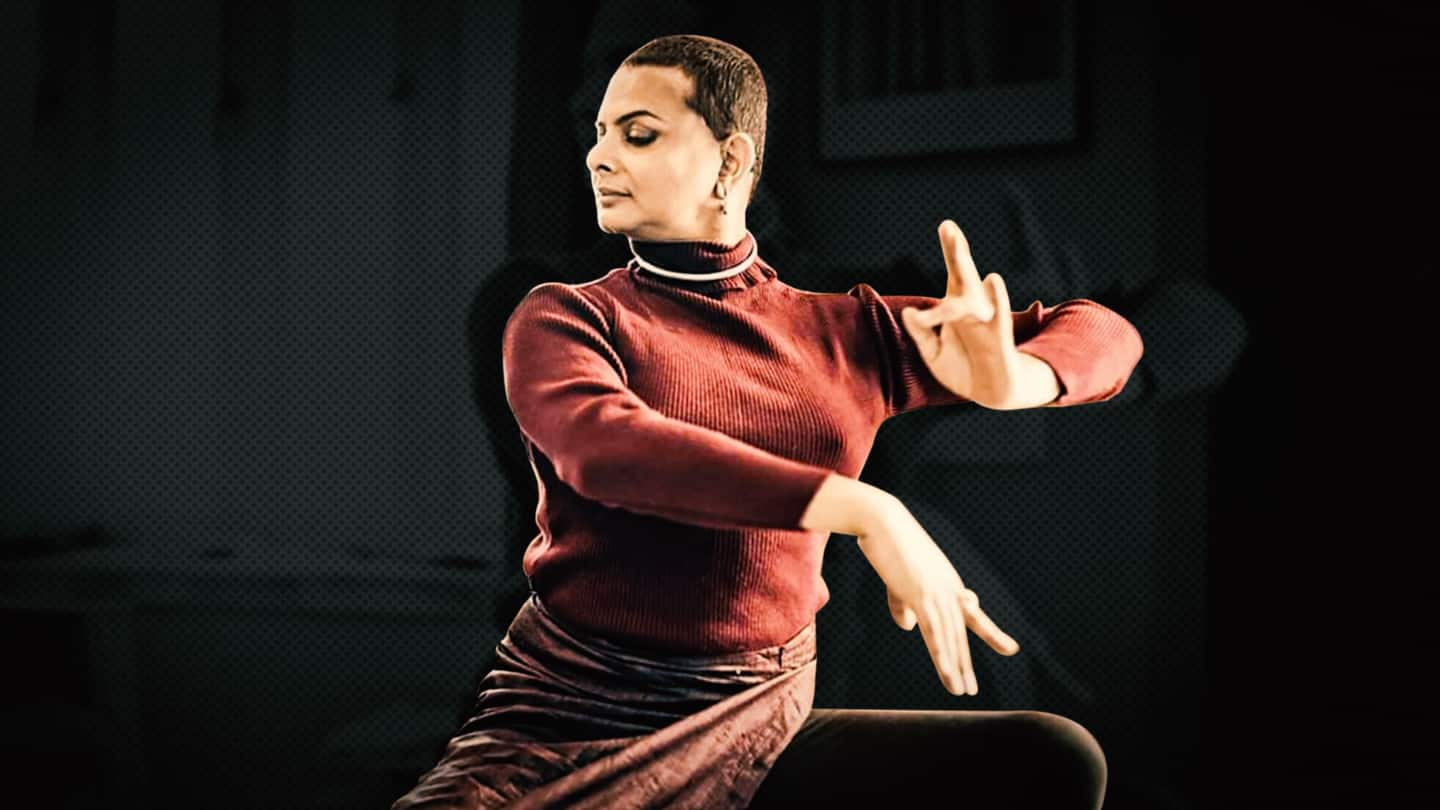
Rituparno Ghosh's death anniversary: Remembering the rock for queer community
What's the story
We lost maverick director Rituparno Ghosh on this day in 2013.
The multiple National Award winner was only 49 when a massive heart attack took away the potential for more sensible films, nuanced storytelling, and a solid rock for the Indian queer community.
Ghosh was one of the earliest and most prominent openly gay celebrities, starting necessary discussions through his personal and professional life.
Films
Changed his focus from man-woman relationship to intricacies of sexuality
Ghosh's early movies (Unishe April, Dahan, Utsab, Chokher Bali, Raincoat, etc.) were a master-class in man-woman relationships.
Using a similar color tone as predecessor Satyajit Ray, his works discussed infidelity, motherhood, parent-child equations with utmost sincerity.
Later, the director began exploring sexuality, and the intricacies of sexual identity (Memories in March and Chitrangada).
He even played a gay filmmaker in Aar Ekti Premer Golpo.
Reception
He made films on taboo topics, yet experienced success
Ghosh's excellence comes to the fore with his treatment of taboo topics.
He portrayed an amalgamation of art film subjects with budget, actors, and distribution of commercial films.
Domestic abuse, alternative sexuality, the facade of middle-class Bengali bhadralok society: all of these found mention in his work.
Indian laws on non-heteronormative relations, the pathos of the queer brought Ghosh critical and commercial success.
Crossing lines
Somewhere his personal journey blended with his films
The Bengali artist came out of the closet in the early 2000s.
When Delhi High Court legalized same-sex relationships in 2009, he began cross-dressing.
It was after this that he openly embraced his identity as the third gender in movies, too.
He wanted to transcend the notion that same-sex relationships only/mostly concern physical intimacy, and it was as spiritual as any other relationship.
Inside look
He was unapologetic about the path he chose
At a time when Bollywood was singing Maa Da Ladla Bigad Gaya, Ghosh was honing his art to normalize LGBTQIA+ lives and their struggles.
Moreover, he was unapologetic about the path he chose.
A glimpse of this can be found in Sangeeta Datta's Bird of Dusk documentary, where he says, "I'll do things my way. If people like it then good, otherwise, too bad."